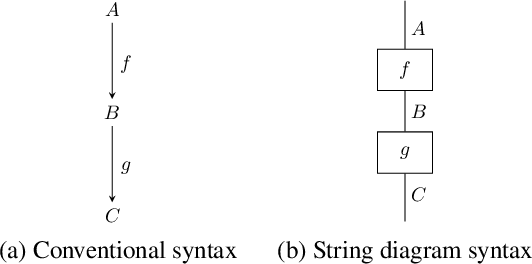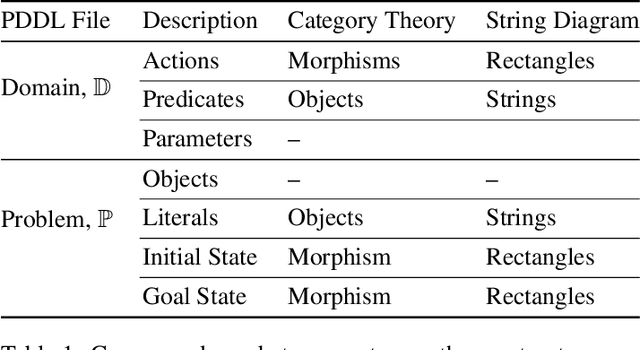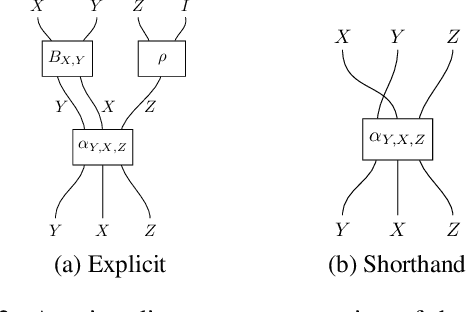William Regli
Neuro-Symbolic AI in 2024: A Systematic Review
Jan 09, 2025

Abstract:Background: The field of Artificial Intelligence has undergone cyclical periods of growth and decline, known as AI summers and winters. Currently, we are in the third AI summer, characterized by significant advancements and commercialization, particularly in the integration of Symbolic AI and Sub-Symbolic AI, leading to the emergence of Neuro-Symbolic AI. Methods: The review followed the PRISMA methodology, utilizing databases such as IEEE Explore, Google Scholar, arXiv, ACM, and SpringerLink. The inclusion criteria targeted peer-reviewed papers published between 2020 and 2024. Papers were screened for relevance to Neuro-Symbolic AI, with further inclusion based on the availability of associated codebases to ensure reproducibility. Results: From an initial pool of 1,428 papers, 167 met the inclusion criteria and were analyzed in detail. The majority of research efforts are concentrated in the areas of learning and inference (63%), logic and reasoning (35%), and knowledge representation (44%). Explainability and trustworthiness are less represented (28%), with Meta-Cognition being the least explored area (5%). The review identifies significant interdisciplinary opportunities, particularly in integrating explainability and trustworthiness with other research areas. Conclusion: Neuro-Symbolic AI research has seen rapid growth since 2020, with concentrated efforts in learning and inference. Significant gaps remain in explainability, trustworthiness, and Meta-Cognition. Addressing these gaps through interdisciplinary research will be crucial for advancing the field towards more intelligent, reliable, and context-aware AI systems.
Automating Transfer of Robot Task Plans using Functorial Data Migrations
Jun 22, 2024Abstract:This paper introduces a novel approach to ontology-based robot plan transfer using functorial data migrations from category theory. Functors provide structured maps between domain types and predicates which can be used to transfer plans from a source domain to a target domain without the need for replanning. Unlike methods that create models for transferring specific plans, our approach can be applied to any plan within a given domain. We demonstrate this approach by transferring a task plan from the canonical Blocksworld domain to one compatible with the AI2-THOR Kitchen environment. In addition, we discuss practical applications that may enhance the adaptability of robotic task planning in general.
Encoding Compositionality in Classical Planning Solutions
Jul 13, 2021



Abstract:Classical AI planners provide solutions to planning problems in the form of long and opaque text outputs. To aid in the understanding transferability of planning solutions, it is necessary to have a rich and comprehensible representation for both human and computers beyond the current line-by-line text notation. In particular, it is desirable to encode the trace of literals throughout the plan to capture the dependencies between actions selected. The approach of this paper is to view the actions as maps between literals and the selected plan as a composition of those maps. The mathematical theory, called category theory, provides the relevant structures for capturing maps, their compositions, and maps between compositions. We employ this theory to propose an algorithm agnostic, model-based representation for domains, problems, and plans expressed in the commonly used planning description language, PDDL. This category theoretic representation is accompanied by a graphical syntax in addition to a linear notation, similar to algebraic expressions, that can be used to infer literals used at every step of the plan. This provides the appropriate constructive abstraction and facilitates comprehension for human operators. In this paper, we demonstrate this on a plan within the Blocksworld domain.
 Add to Chrome
Add to Chrome Add to Firefox
Add to Firefox Add to Edge
Add to Edge